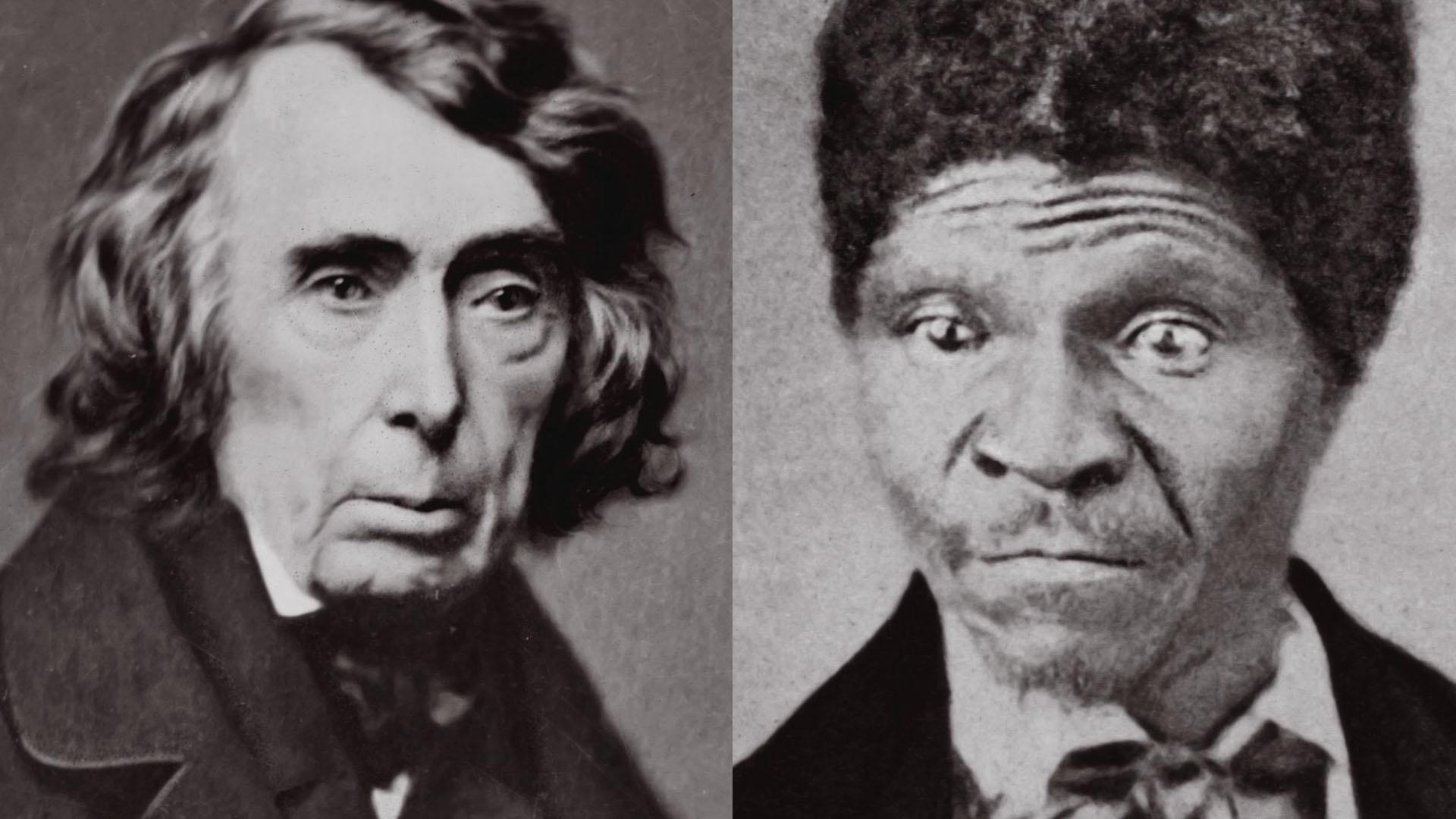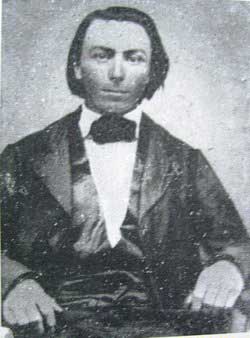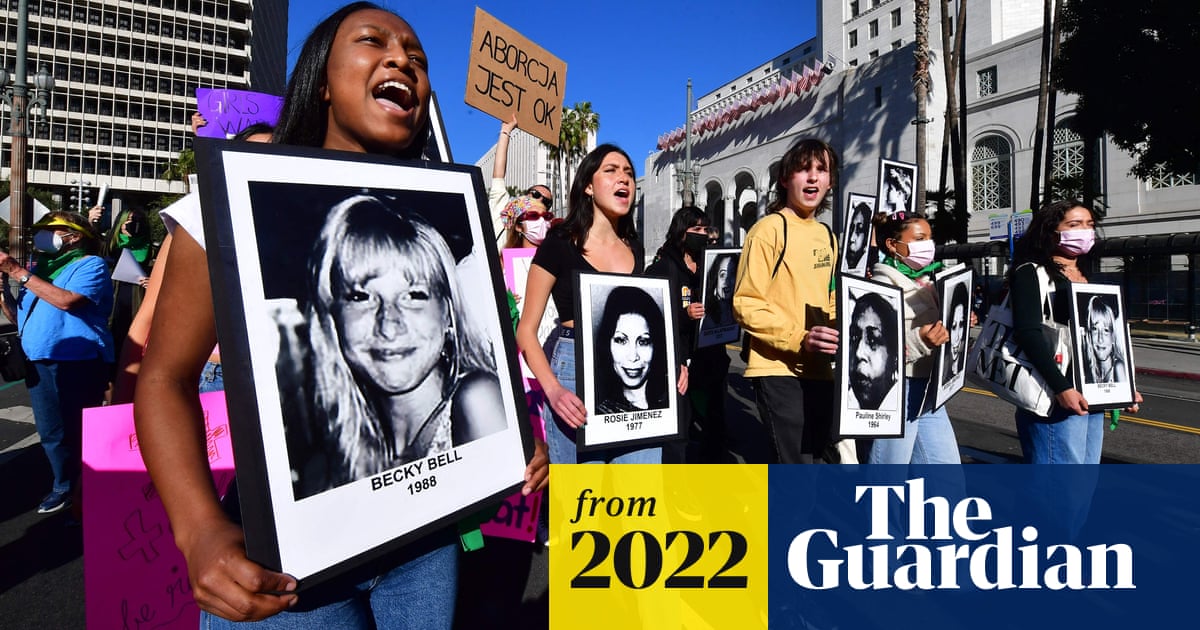As the article points out, the most famous and controversial statements in the document were not legally necessary -- in fact optional legal opinion having no force of law in that case.
The ruling, the only thing having force of law, was limited to one person, was that Dredd Scott had no standing to bring a lawsuit bcause, as a black man, he was not a citizen. That's it.
So the excitement over the case was not over the ruling, as it only involved one person's ability to bring a lawsuit, but rather because of the legal precedent established in the optional opinion, that blacks have no rights that whites need respect and that excluding slavery from the territories (ne anywhere in the Country) could be considered unconstitutional.
The biggest fallacy regarding the case was that those items of optional opinion suddenly became law in 1858. That's not true. What it did do was bad enough though -- there was now an indelible legal precedent in the opinion that opened the door for a follow-up case that could within a few years convert those pronouncements into enforceable Federal law under the Constitution. That's what the anti-slavery press and Republicans generally were making such hay over -- not that the laws were already in place (because they weren't). In reaction some free states strengthened their personal liberty laws in anticipation that a follow-up case and ruling would soon ensue that would allow slavery in the territories (ne anywhere in the Country). In effect there was another Nullification / States' Rights crisis brewing -- this time it would have been the Northern states.
As it turned out, with secession and the CW starting a mere couple years later the courtroom attempt to return slavery to the entire Union was overshadowed. The right test case hadn't reached the Supreme Court by then.








